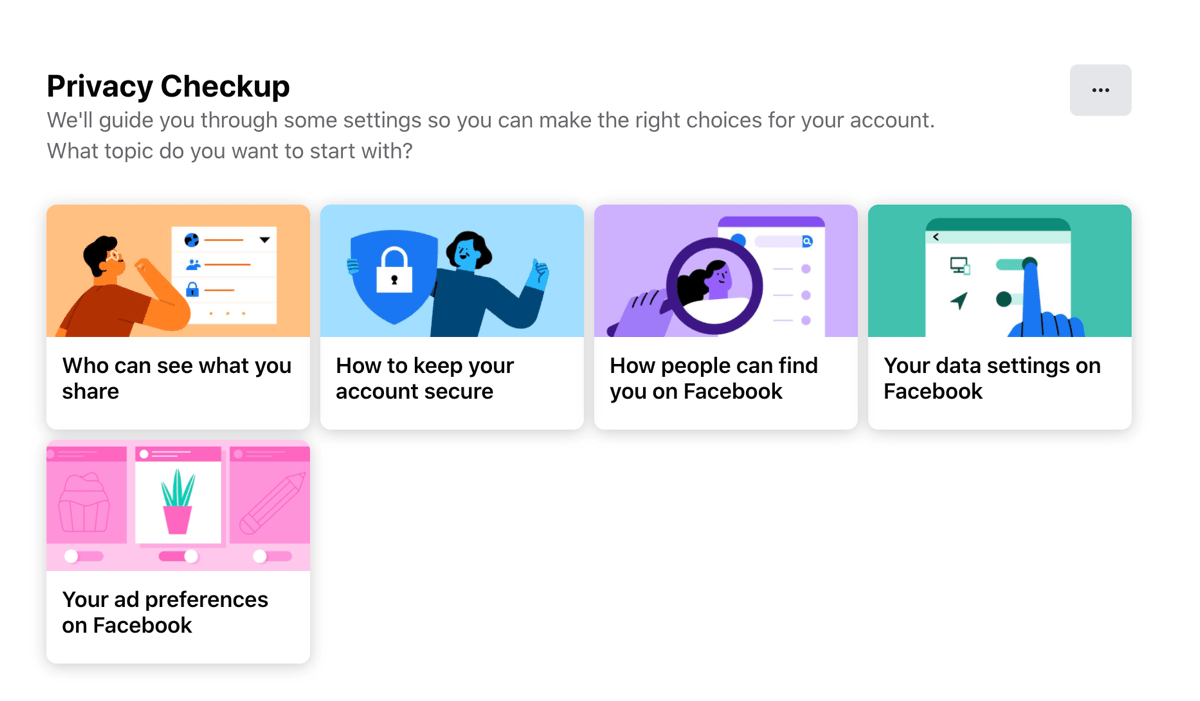Privacy is an important concern given the rise of social media; at least to those that oversee the workings of Facebook. The freedom of information sharing can have as many consequences as it does benefits if users and owners are not mindful about privacy.
Social media continues to evolve as new members discover the intrigue of sites like LinkedIn, Facebook and Twitter. As user numbers increase so does the need for increased security and privacy awareness by the company as well as its users.
Back in December 2009, Facebook began an effort to urge users to update their privacy settings. Additionally there were efforts to educate users on the concept of privacy and the danger of sharing confidential or sensitive information in a non secure way.
Some say the motivation behind the platform’s numerous policy change was to protect users; others argue it was to become more competitive with professional sites such as LinkedIn. Users who failed to get on board with the updates to their privacy settings were denied access to the site.
For a decade, Facebook has been proposing new privacy policy changes that will allow data sharing with partner websites and business affiliates. These new partnerships will require new controls and oversight in regards to privacy on the site. These changes will also require that users be informed and educated on new changes to the Facebook privacy policy.
The reality is that the average Facebook user does not read the privacy policy or feel it necessary to be informed of it. Most users do not consider the data they share on Facebook to be confidential, so they do not find it important to keep up with the changes to the privacy policies.
And the price to pay can be huge. Hari Ravichandran, founder of Aura shares his personal story:
In 2014 I was surprised to learn that my credit information was stolen. As a result, I spent a lot of time researching what to do. I quickly learned that digital security was a big problem, with no comprehensive solution. The products that were supposed to help me were confusing, difficult to use, and expensive. But, most importantly, no one product could give me all the solutions I needed.
I was inspired to start Aura, a company that gives people the peace of mind to know that they are safe online. Today we serve over a million members worldwide, and together, we will make the Internet safer.
And COVID made things much worse.
The total volume of phishing emails and other security threats relating to the Covid-19 coronavirus now represents the largest coalescing of cyber attack types around a single theme that has been seen in a long time, and possibly ever, according to Sherrod DeGrippo, senior director of threat research and detection at Proofpoint.
To date, Proofpoint has observed attacks ranging from credential phishing, malicious attachments and links, business email compromise, fake landing pages, downloaders, spam, and malware and ransomware strains, all being tied to the rapidly spreading coronavirus.
Are you taking steps to protect your privacy online? Have you ever read terms of service or privacy statements on websites you join? Are you giving any second thought when agreeing that a web page you are visiting will haunt you across the web?
It is time that we start taking our privacy seriously!


